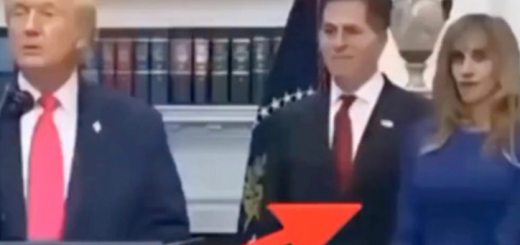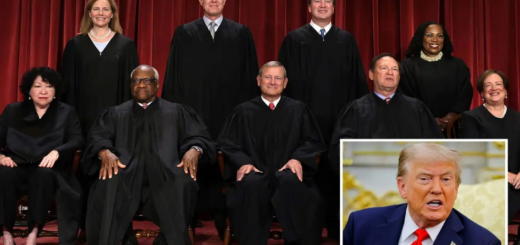Gavin Newsom Gives Donald Trump a 24-Hour Ultimatum Over Texas Redistricting — Here’s What Happened Next
In a surprising political twist, California Governor Gavin Newsom has issued a 24-hour ultimatum to former President Donald Trump, demanding that he step back from supporting Texas Republicans’ controversial redistricting plan. The move has sparked one of the most intense interstate political battles of the year, raising major questions about fairness, democracy, and the future balance of power in Washington.
The Background: Redistricting Tensions Between Texas and California
Texas Republicans have proposed a redistricting plan that could potentially remove up to five Democratic congressional seats, according to multiple reports.
Newsom, who has become one of the most visible Democratic governors in the country, claims that Trump’s support for the Texas maps represents a coordinated effort to “rig” future elections in favor of the GOP.
In an open letter to Trump, Newsom warned that if the former president does not withdraw his support within 24 hours, California will respond by redrawing its own congressional districts—a move that could tilt the playing field back toward Democrats.
Newsom’s Threat: California May Suspend Its Independent Commission
California currently uses an independent redistricting commission to draw its congressional boundaries, a system often cited as one of the fairest in the nation.
However, Newsom’s proposal would temporarily suspend that process and allow Democratic lawmakers to create new maps that mirror the aggressive strategies used in some red states.
The change would be implemented through a ballot measure called Proposition 50, which California voters are expected to decide on later this year. If approved, the new maps could apply to elections from 2026 through 2030.
Political and Public Reactions
The move has drawn mixed reactions from both sides of the political spectrum:
-
Former President Barack Obama praised Newsom’s plan, calling it a “responsible response to unfair redistricting in Texas.”
-
Common Cause, a well-known election watchdog group, initially opposed the idea but later softened its stance, stating that it may be justified as a “counterbalance” to partisan map-drawing elsewhere.
-
Critics, including some non-partisan analysts, argue that Newsom is setting a dangerous precedent by undermining California’s long-standing independent system.
Political experts also note that the tactic could backfire if voters see it as hypocritical or overly partisan, potentially hurting Newsom’s national image.
Why This Matters
Redistricting determines how congressional representation is distributed across the country. Small changes to district lines can shift millions of votes and reshape the balance of power in the U.S. House of Representatives.
If both Texas and California adopt highly partisan maps, the upcoming 2026 midterms could become one of the most fiercely contested elections in modern history.
Observers warn that the growing “redistricting war” between blue and red states could further deepen political divisions in America.
What Happens Next
All eyes are now on Trump’s response. As of this writing, he has not publicly commented on Newsom’s ultimatum. Meanwhile, California lawmakers are preparing to finalize ballot language for Proposition 50, setting the stage for a heated political showdown later this year.
Whether this strategy helps or hurts Newsom politically remains to be seen—but one thing is clear: the battle over redistricting has officially gone national.




























